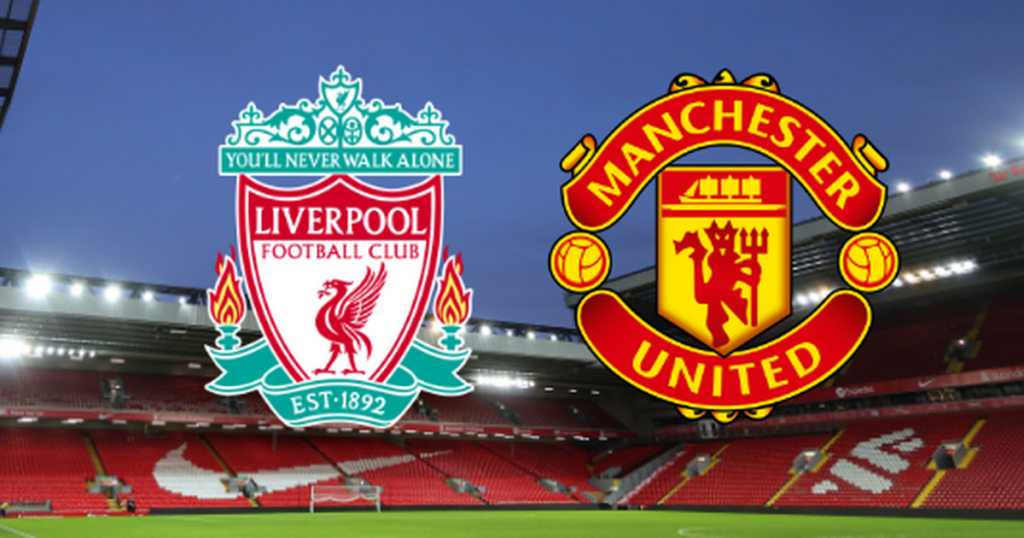With upwards of 1.4 billion fans and counting as of December 2022, the English Premier League (EPL) is undoubtedly the most widely-followed professional soccer league in the world and has been so since its inception three decades ago. Sustaining its spot atop the rankings has been the consistency of its teams, the high quality of its play and players, and its organizational structure which has been the template against which a majority of other top soccer leagues have been formed. Every Premier League team boasts of an almost religious following around the world with hundreds if not thousands of official and unofficial support clubs. There is however one team that stands heads and shoulders above the rest in terms of the size of its fan base.
Which Premier League team has the biggest fan base? The Premier League which has the biggest fan base in the world is undoubtedly Manchester United. Recent studies suggest that the 13-time Premier League champions have a global fan base of around 1.1 billion supporters. This is a significant increase from a similar study that was conducted on the club in 2012, which had its fan base at around 659 million supporters.

Most Popular Premier League Teams
If we were to look at the clubs official social media pages and use those to devine the popularity of any given club, the list would look something like the one below.
Again Manchester United are clearly out on top, a global brand dominance that other clubs will struggle to replicate, no matter how successful they are in the short term. It takes decades of history and success to build this kind of brand success.
Most Popular Premier League teams based on clubs official Social Media Followers (2022)
| Rank | Premier League Team |
| 1 | Manchester United |
| 2 | Chelsea |
| 3 | Manchester City |
| 4 | Liverpool |
| 5 | Arsenal |
| 6 | Tottenham Hotspur |
| 7 | Leicester City |
| 8 | Aston Villa |
| 9 | Everton |
| 10 | Southampton |
as of December 2022
The Journey from Obscurity to English Giants
Manchester United was founded as the Newton Heath LYR (Lancashire and Yorkshire Railway) club in 1878 and first organized and played association football matches against other departments within the railway company and other railway companies in the region.
The club grew steadily over the years and joined the Football League First Division in 1892 – four years after it was formed. Unlike the more seasoned clubs that existed at the time, Newton Heath LYR struggled to find their footing in the top flight and was relegated to Division Two after just two seasons.
Financial problems came knocking at the turn of the 20th century and culminated in a dire situation at the club by January 1902 – a development that put the club under threat of being wound up. Seeking to salvage the club, former captain Harry Stafford approached a group of four renowned local business magnates including John Henry Davies. The four each invested £500 against the club’s debts which stood at £2,670.
With the change of guard at the helm, the club was officially renamed Manchester United in April 1902. United also brought on a new manager and bolstered their squad allowing them to earn their promotion back to the First Division in 1906. The Red Devils quickly established themselves as contenders en route to winning their first top-flight title in 1908 and the prestigious FA Cup the following year.
United went on to clinch their second league title in 1911 but soon entered a challenging period that saw them relegated from the top flight on more than one occasion and face bankruptcy for a second time in late 1931 before British businessman James William Gibson took control of the club.
Just before the resumption of football following the events of the Second World War, United brought on former Scottish ace Sir Alexander Matthew Busby, who is more commonly known as Matt Busby as manager. Busby quickly instilled a winning mentality and culture at Old Trafford which resulted in runners-up finishes from 1947-1949 and the club winning its second FA Cup trophy in 1948.
Busby then ushered United into one of its most prosperous eras by leading them back to the top of the Football League First Division after more than four decades in 1952 and further upping the ante with back-to-back title wins in 1956 and 1957.
The 1960s were equally as fortuitous for United as they won league titles in 1965 and 1967 before making history by becoming the first English club to win the coveted European Cup (now the UEFA Champions League trophy) in 1968.
Kings of the Premier League
After a period of decline in the 1970s and early to mid-1980s, United made arguably the best decision in its history by hiring former Rangers forward Sir Alex Ferguson in early November 1986. The ex-Aberdeen coach immediately took on the arduous task of rebuilding United into a title-contending side in his first three seasons at the helm.
Ferguson narrowly survived being axed in 1990 by leading the English giants to an FA Cup victory. The win proved to be the turning point for United as they went on to win the UEFA Cup Winners’ Cup and the European Super Cup trophies the next season.

A rejuvenated United then won the maiden Premier League title in 1992 and another 12 titles over the next two decades including five more titles in the 1990s (1993, 1995, 1996, 1998, and 1999), another five in the 2000s (2000, 2002, 2006, 2007, and 2008) and two trophies in the 2010s (2010 and 2012).
The Reasons for the Steady Increase in United’s Fan Base
United’s record-setting fan base can be traced to the Sir Matt Busby era when the club established its identity as a winning team and as a club that attracts the biggest stars in football. Despite the devastation that the infamous Munich air disaster of February 1958 caused to their title-winning squad, Busby reconstructed their squad around young future stars such as former talismanic winger George Best and battle-tested veterans like 1966 FIFA World Cup winner Sir Bobby Charlton.
Busby also signed forward Dennis Law to complete the famous “United Trinity” that beat all comers in the 1960s. Their resilience through the trying era and the fact that they emerged victorious earned United the respect and admiration of fans around the world and established them as a global brand.
The club carried on its culture of excellence and its winning formula of signing stars and developing homegrown talent through their youth system with the likes of David Beckham, Eric Cantona, Roy Keane, Ryan Giggs, Mark Hughes, Paul Scholes, Wayne Rooney, Ruud van Nistelrooy, Dimitar Berbatov, Robin van Persie, and five-time Ballon d’Or winner Cristiano Ronaldo filling their ranks over the years.
The 12-time FA Cup winners also enjoy a considerable following outside Europe with ever-growing fan bases in Africa, the Americas, the Middle East, and the Asia Pacific region (especially China and Indonesia). The three-time UEFA Champions League winners have also maintained their reach across social media and are currently considered, as per a recent study, to be the most valuable social media brand in the EPL with an impressive 184, 400,000 followers across its platforms.
